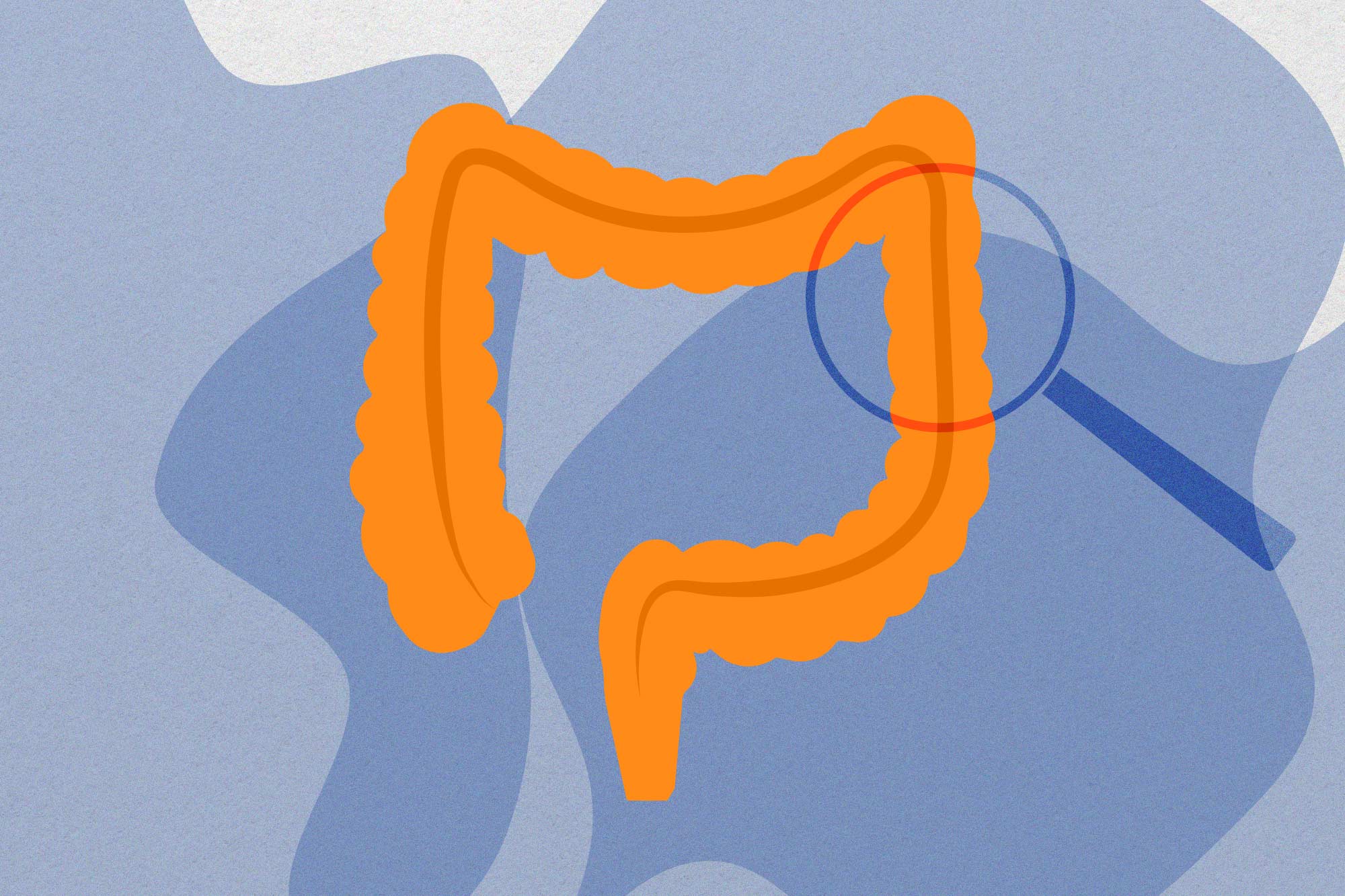Building on a successful pilot program that increased colorectal cancer screening rates among its patients, the Community Health Center of the New River Valley is expanding its partnership with the UVA Cancer Center, seeking to boost screening rates to 80% of eligible patients.
Backed by a three-year, $600,000 grant from the Jeffress Trust Grant Program, the two centers will hire a cancer screening navigator for the Community Health Center of the New River Valley’s three locations to help make it easier for patients to access these potentially lifesaving screenings. The community health center serves all patients, regardless of their insurance status or ability to pay.
“To be able to bring more personalized care to our patients through use of a cancer screening navigator, we will hopefully break down some barriers of the fear of both colorectal cancer screening and cancer diagnosis in general,” Michelle Brauns, chief executive officer of Community Health Center of the New River Valley, said. “Early diagnosis generally leads to more effective treatment and a better outlook for both the patient and families.”
Colorectal cancer is the third-leading cause of death among men and women. Of the new cases of colorectal cancer reported each year, 10.5% occur in individuals under 50 years of age. According to the U.S. Preventive Services Task Force, colorectal cancer diagnoses among Americans ages 40 to 49 have increased by almost 15%. Based on these findings, the task force updated the colorectal cancer screening guidelines in 2021, reducing the age for starting screenings for most Americans from 50 to 45.
With support from an integrated Translational Health Research Institute of Virginia, or iTHRIV, grant, the partnership between the community health center and UVA Cancer Center has already had success in boosting screening rates by getting more patients to complete stool-based screenings that can be completed at home. An 18-month pilot program that ran from 2019 to 2021 and used a mix of automated reminders through a patient’s electronic medical record and phone calls helped increase the percentage of eligible patients screened from 30.5% to 47.3%.





